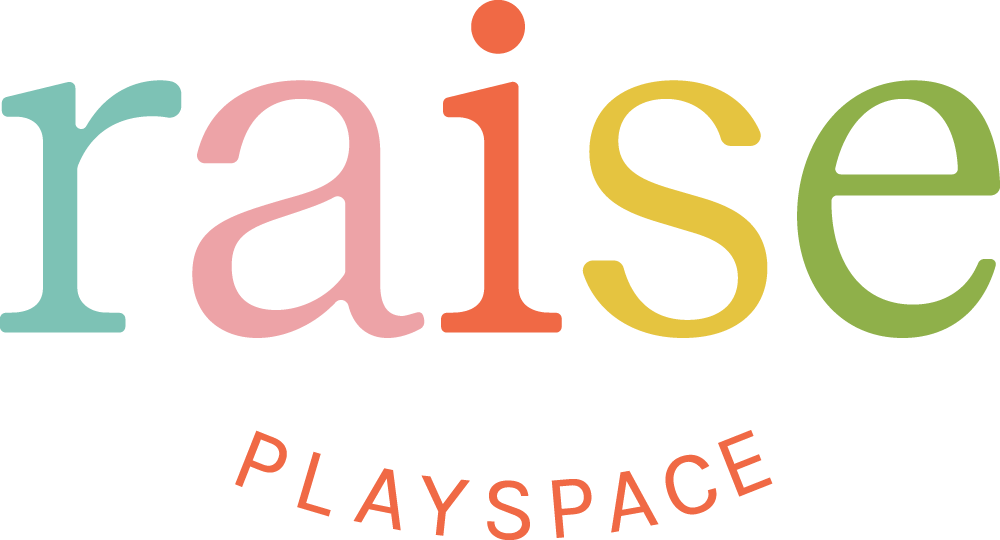Blog Post: Independent Play
In today's fast-paced world, it's easy for parents to feel the pressure to constantly entertain and engage their children. While structured activities and quality time together are important, there's also immense value in allowing children to engage in independent play. Let's explore why independent play is crucial for your child's development and well-being.
Foster Creativity and Imagination: When children engage in independent play, they have the freedom to explore their interests and express themselves creatively. Whether they're building forts out of blankets, creating imaginary worlds with dolls, or inventing new games, independent play encourages imagination and innovation.
Develop Problem-Solving Skills: Without adults guiding their every move, children learn to navigate challenges and solve problems on their own during independent play. Whether it's figuring out how to stack blocks to build a tower or resolving conflicts with siblings during pretend play, these experiences help develop critical thinking and problem-solving skills.
Encourage Self-Regulation: Independent play teaches children to manage their emotions, impulses, and behavior without relying on external prompts or rewards. As they engage in activities that interest them, children learn to regulate their emotions, focus their attention, and persevere through challenges independently.
Build Confidence and Self-Esteem: When children engage in independent play and successfully overcome obstacles on their own, they develop a sense of competence and confidence in their abilities. This boosts their self-esteem and encourages them to take on new challenges with enthusiasm and resilience.
Cultivate Independence: Independent play allows children to develop a sense of independence and autonomy as they explore their interests and make choices without constant adult intervention. This sense of independence not only fosters self-reliance but also prepares children for future success in school and life.
Independent play is not just a way to keep children entertained—it's a valuable opportunity for them to learn, grow, and thrive. By encouraging independent play and providing a safe and stimulating environment for exploration, parents can help nurture their child's creativity, problem-solving skills, self-regulation, confidence, and independence. So, let's embrace the power of independent play and give our children the freedom to learn and play on their own terms.
